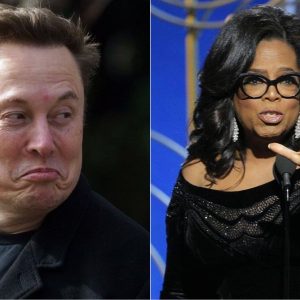Former U.N. Ambassador John Bolton has voiced strong criticism of President Donald Trump’s tariff policies, claiming they present a significant opportunity for China on the global stage. In a recent interview, Bolton characterized the tariffs as a manifestation of “economic illiteracy,” arguing that they leave the U.S. vulnerable in its trade relations with China. He emphasized that Trump’s misunderstanding of trade dynamics could hinder the U.S. from effectively addressing the real issues posed by China’s economic practices, particularly intellectual property theft.
 Bolton’s remarks come in light of a statement from the Chinese Embassy in Washington, urging the White House to rectify what it describes as “wrongdoings.” The embassy warned that if American tariffs persist, China’s response will be uncompromising. Bolton indicated that the administration’s approach places the U.S. in a precarious position, complicating efforts to rally international allies against China’s economic aggression.
Bolton’s remarks come in light of a statement from the Chinese Embassy in Washington, urging the White House to rectify what it describes as “wrongdoings.” The embassy warned that if American tariffs persist, China’s response will be uncompromising. Bolton indicated that the administration’s approach places the U.S. in a precarious position, complicating efforts to rally international allies against China’s economic aggression.
CNN’s Richard Quest elaborated on the potential repercussions of the tariffs, which could see prices for imported goods from China double overnight. He described this scenario as “economic vandalism,” noting that many essential products, including electronics and manufacturing parts, are solely sourced from China. The imposition of such steep tariffs could disrupt the global trading network, leading to shortages and increased inflation.
Senator Elizabeth Warren also weighed in, predicting significant economic pain for American families as a direct result of the tariffs. She warned that rising prices would exacerbate inflation and potentially lead to increased unemployment. Warren and other lawmakers are exploring legislative options to roll back Trump’s tariff authority to mitigate the impending economic fallout.
Bolton concluded that the long-term damage to U.S. credibility as a reliable trading partner could have lasting implications, undermining trust built over decades. As tensions escalate, the future of U.S.-China trade relations hangs in the balance, with many fearing that the current path could lead to a broader economic conflict.

